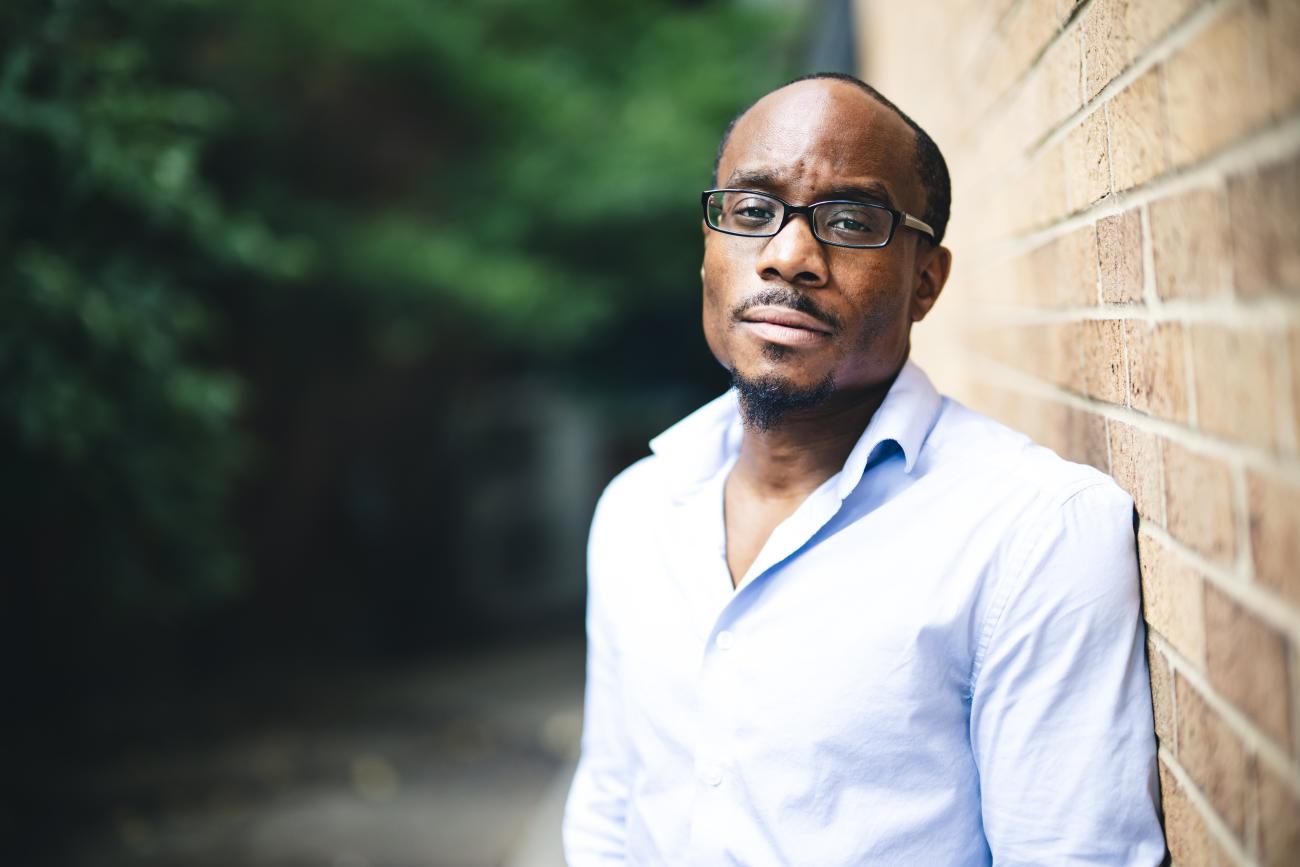Black Women’s Discourse on Religion in the Woman’s Era
Historian Joseph Williams explores late 19th and early 20th century Black women’s discourse about the divine, the afterlife, and human nature.
America in the late 19th and early 20th century, often called the Woman’s Era by some historians, was a time of intense activism by women striving for racial and gender equality. A key organization in this movement was the National Association of Colored Women (NACW), founded in 1896, which advocated—and continues to advocate—for the rights of both women and African Americans. Historian Joseph Williams is delving into how Black women engaged with religion, the divine, and the afterlife during this period.
Williams’ research, which will culminate in a monograph, draws from a range of mediums including books clubs, organizational meetings records (such as those from the NACW and its conferences), newspapers, magazines, and speeches. “The purpose of the book is really to both map those ideas, but also to document how these women use those ideas to shore up their campaign for racial and gender equality,” he explains.
One prominent voice Williams examines is Josephine St. Pierre Ruffin, social activist and journalist from Boston, who established The Woman’s Era magazine, an offshoot of her Woman’s Era Club. A publication Williams discovered while studying at DePaul University, there’s a particular report in the magazine that captured his attention. The club hosts Ednah D. Cheney, a prominent lecturer, who spoke on religious toleration and spiritualism. The account of the event in The Woman’s Era offers an interesting discussion on the role of religion in community and how it applies to equal rights.
Williams uses this exchange as a departure point for his project, highlighting how these women created a space for Black women to engage in a conversation generally associated with the academy or private clubs. These spaces weren’t for the elite but everyday readers and women, some of whom lacked formal education, yet were nonetheless drawing upon a host of religious traditions to foster an intellectual community.
While some of the women are fairly familiar to historians, Williams is also centering women whose stories have not been told. Acknowledging the challenge to center the unknown, he remarks, “It's difficult to do that when these folks appear once and then they disappear. But I think in large part, that's what intellectual histories do. Sometimes it's talking heads, and you have to take real care to humanize these people as best as you can.”
Previous historical scholarship has explored Black women’s Christian experiences. Williams is broadening the scope to pluralist religious experiences. “I would identify these women as Christian in terms of their religious affiliation,” Williams states, “but in terms of how they engage with discourse and how they think about intellectual cultivation, they move beyond Christian parameters. They rely on and draw upon and reference all sorts of religious thinkers.”
This expansive approach mirrors Williams' own academic interests. He wants to study religion but not along the lines of Christianity alone. “I wanted to reflect on what it meant to identify as a certain part of a religion, but engage or embrace practices and speech that might compromise that identity or conflict with that identity. I think people do that all the time,” he says, citing his own grandmother as an inspiration for the project.
“What I've come to appreciate about these women is that they're not just journalists, speakers, or bookworms, but they're actually activists who are engaging in this type of work for a very specific goal.”

The women in Williams’ study were not merely engaging in abstract theological discussions. Their intellectual pursuits were deeply intertwined with their activism. “They may talk about lynching, for example, in the process of talking about lynching, they'll talk about a just divine. In the process of talking about suffrage, they'll talk about what it means for women to be seen as human and as a result of being seen as human, having the right to vote,” he explains.
Ultimately, Williams has come to appreciate that these women were more than just journalists, speakers, or avid readers; they were dedicated activists. “[They] are engaging in this type of work for a very specific goal.” These goals included dismantling Jim Crow laws, advocating for women's suffrage, challenging gender norms, reforming the church, and persistently championing education for all.
“I've learned to appreciate discourse and the potential it brings for social change,” Williams concludes, underscoring the enduring power of these women’s intellectual and activist legacies.

